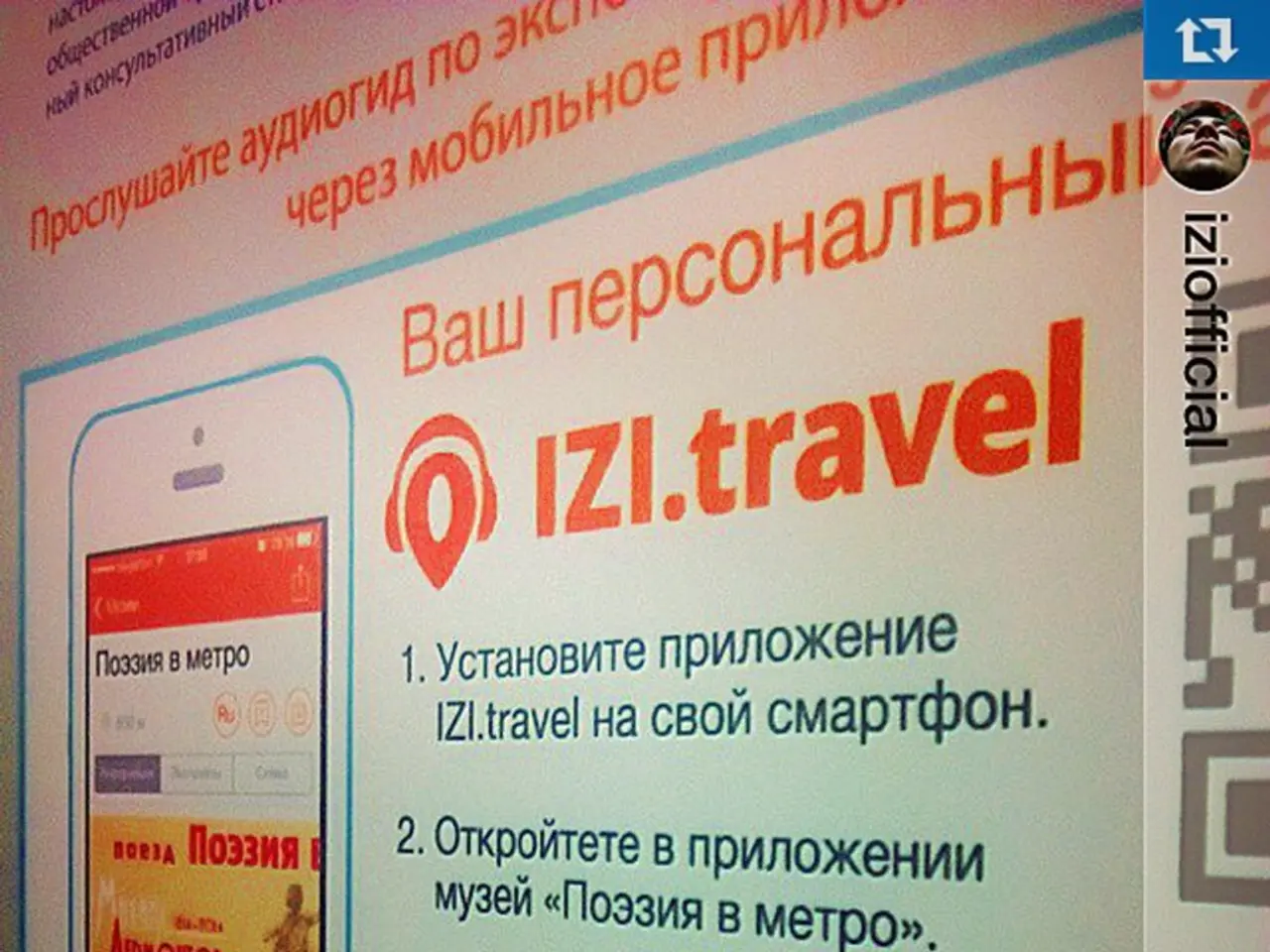Escaping Toxicity: A Fresh Look at Emerging Social Network Alternatives
### Alternative Social Networks: Qwice and New Place Aim for Responsible Digital Spaces
In the ever-evolving landscape of social media, two emerging platforms - Qwice from France and New Place from Canada - are making waves by prioritising responsible digital practices. These alternatives to mainstream social networks are designed to offer a safer, more ethical, and user-centric online experience.
Qwice, a micro-blogging platform from France, is committed to user-centric control and responsibility. Although comprehensive case studies on Qwice are scarce, the platform is known for its innovative approach to digital ethics. Qwice focuses on enhancing privacy features, empowering users over their data, and promoting respectful and meaningful interaction. The platform aligns with the broader European digital sovereignty movement, aiming to build alternatives that respect GDPR and European values of digital rights.
New Place, based in Canada, positions itself as a community-oriented social network. Its primary goal is to create spaces that foster safe interactions free from harassment, transparency in content policies, and civic engagement and local community building. Operating within the North American wave of responsible networks, New Place strives for digital wellness and anti-surveillance principles, possibly functioning as a cooperative or nonprofit entity.
Both Qwice and New Place represent emerging trends in social networking that counterbalance dominant platforms by emphasising ethical digital citizenship and sustainable online ecosystems. These platforms are often grassroots or mission-driven efforts rather than commercial ventures.
Detailed public case studies for these two platforms may be limited, but similar efforts are noted through the growth of specialized media agencies and content studios in France that support ethical social media strategies. These agencies frequently collaborate with platforms and campaigns that prioritise responsible digital practices.
Registration for individuals on New Place will be free, but access to post on the network requires membership in the cooperative. Patrick Pierra, President of New Place, believes that regulation alone is insufficient and that understanding the algorithms of these networks is necessary before effective regulation can occur.
These new social networks, such as Qwice, aim to show more responsibility, particularly in France and Quebec. The Canadian government has adopted Bill C-18, also known as the "Online News Act", to rebalance power dynamics between information content producers and platforms, requiring platforms with more than 4 million users in Canada to pay a share of the revenue generated on their networks to news media.
Qwice's economic model will be similar to that of existing social networks, with advertising revenues and the possibility of subscribing to a subscription. New Place's economic model aims to diversify revenue sources, including from cooperative members, individuals, corporations, advertising, public funding, and external donors. New Place refuses to use American services and insists on being Made in France.
As these alternative social networks continue to grow, they offer a promising future for a more responsible and ethical online environment. For comprehensive insights into the operational models, user impact, or comparative evaluations of Qwice and New Place, visiting their official websites or reaching out to their development teams would likely provide the most comprehensive information.
- Qwice, with its focus on innovation in digital ethics, empowers users by prioritizing privacy, user data control, and respectful interaction, aligning with the European digital sovereignty movement.
- New Place, rooted in community safety and civic engagement, seeks to create transparent and harassment-free spaces, positioning itself as a pioneer in the wave of responsible networks.
- The growing trend in social networking, as represented by Qwice and New Place, emphasizes ethical digital citizenship, sustainable online ecosystems, and the need for diverse revenue sources, offering a promising future for online education, entertainment, and self-development, all while prioritizing social media user's rights and privacy.




